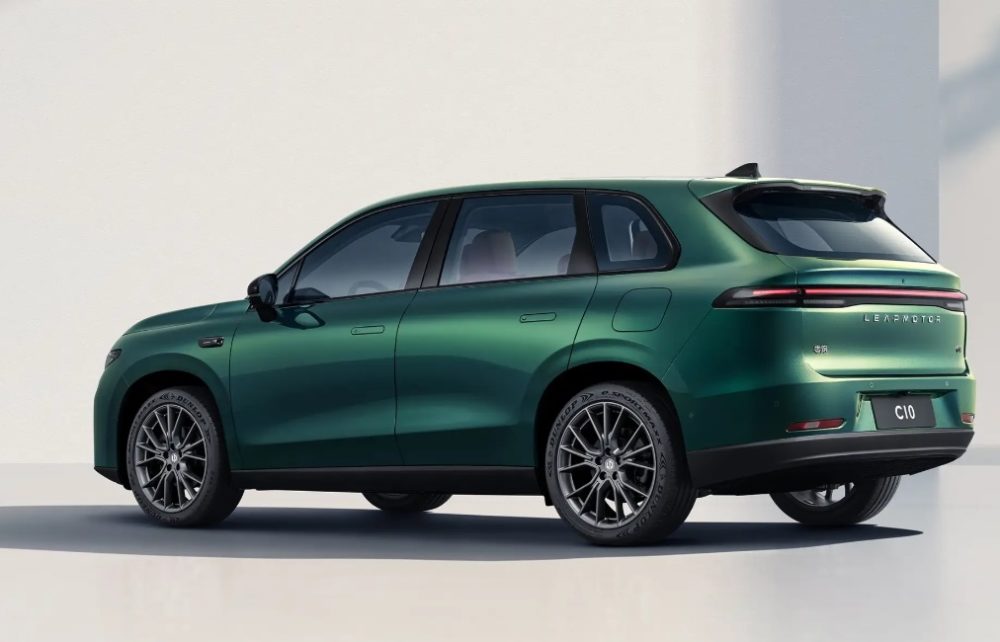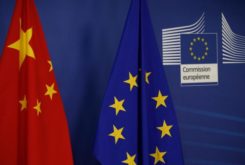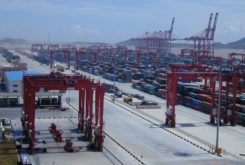The China Association of Automobile Manufacturers (CAAM) has expressed strong dissatisfaction with the European Union’s proposed anti-subsidy tariffs on Chinese electric vehicles.
The EU imposed provisional tariffs ranging from 17.4 per cent to 37.6 per cent on imports of Chinese electric vehicles, effective Friday. These duties aim to counter what European Commission President Ursula von der Leyen described as a threat of a surge in cheap, state-subsidised Chinese EVs flooding the European market.
In a statement on Saturday, CAAM accused the European Commission of ignoring facts and preselecting results during its investigation into Chinese subsidies.
European Agricultural Exports to China Most Exposed to Potential Tariff Increase
CAAM voiced its discontent on the Chinese messaging app WeChat, stating, “CAAM deeply regrets this and holds it firmly unacceptable.” The industry group noted that Chinese manufacturers had cooperated with the EU’s investigation but felt that the inquiry’s conclusions were predetermined.
The provisional tariffs will be in place for four months, during which intensive negotiations between the EU and China are expected. The EU’s anti-subsidy investigation has nearly four months remaining, leaving room for potential changes or adjustments to the tariffs.
This move by the EU is part of a broader effort to protect its automotive industry from what it views as unfair competition from China. The European Commission aims to level the playing field for European manufacturers by addressing the impact of Chinese state subsidies on the EV market.
President Xi Tells New EU Leader Costa China is Willing to “Expand Exchanges”
The tariffs come amid rising tensions between the EU and China over trade practices and market access. Both sides have been engaged in a series of disputes, with the EU seeking to address concerns about Chinese subsidies and market distortions.
As the investigation continues and talks progress, the outcome will be closely watched by stakeholders in the global automotive industry. The resolution of this issue could have significant implications for the future of the electric vehicle market and international trade relations.
CAAM’s strong response highlights the challenges and complexities of addressing subsidy-related disputes in a highly competitive and rapidly evolving industry.




